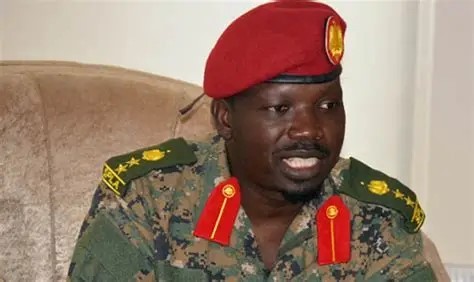
The Sudan People’s Liberation Army-In Opposition (SPLA-IO) has vehemently rejected the planned implementation of Phase Two of the Transitional Security Arrangements, scheduled to begin on September 1, 2025.
This comes days after Presidential Advisor and Head of the National Transitional Committee, Kuol Manyang Juuk, announced that security forces would undergo a three-month training ahead of national deployment in December.
“We plan to see Phase Two begin in the first week of September and training run through the end of November. Then they’ll be ready to deploy throughout the country,” Kuol stated.
However, SPLA–IO spokesperson Lam Pual Gabriel released a strongly worded statement Friday, condemning the process as politically compromised and financially motivated, accusing the South Sudan People’s Defense Forces (SSPDF) of committing atrocities and engaging in partisan activities linked to the SPLM party.
“This call for Phase Two, therefore, lacks truth and sense unless it is meant to extort money for the personal benefit of a few,” the statement read.
Neither the SPLM nor the SSPDF leadership has yet to respond to the accusation.
However, SPLA-IO further declared that no progress could be made while key figures remain detained, calling for the unconditional release of First Vice President Dr. Riek Machar Teny Dhurgon, Lt. Gen. Gabriel Duop Lam, and other SPLA-IO leaders.
“The SPLA-IO hereby categorically rejects the so-called Phase Two of the security arrangements as long as those illegally and cowardly detained are not freed to pave the way for genuine dialogue,” the statement asserted.
Concerns were also raised about the lack of coordination between the SPLM/A-IO and the Ceasefire and Transitional Security Arrangements Monitoring and Verification Mechanism (CTSAMVM). A recent redeployment directive issued by the SPLM/A-IO Deputy Chairman has not yet been acted upon by the CTSAMVM Chair, further deepening skepticism around the integrity of the process.

